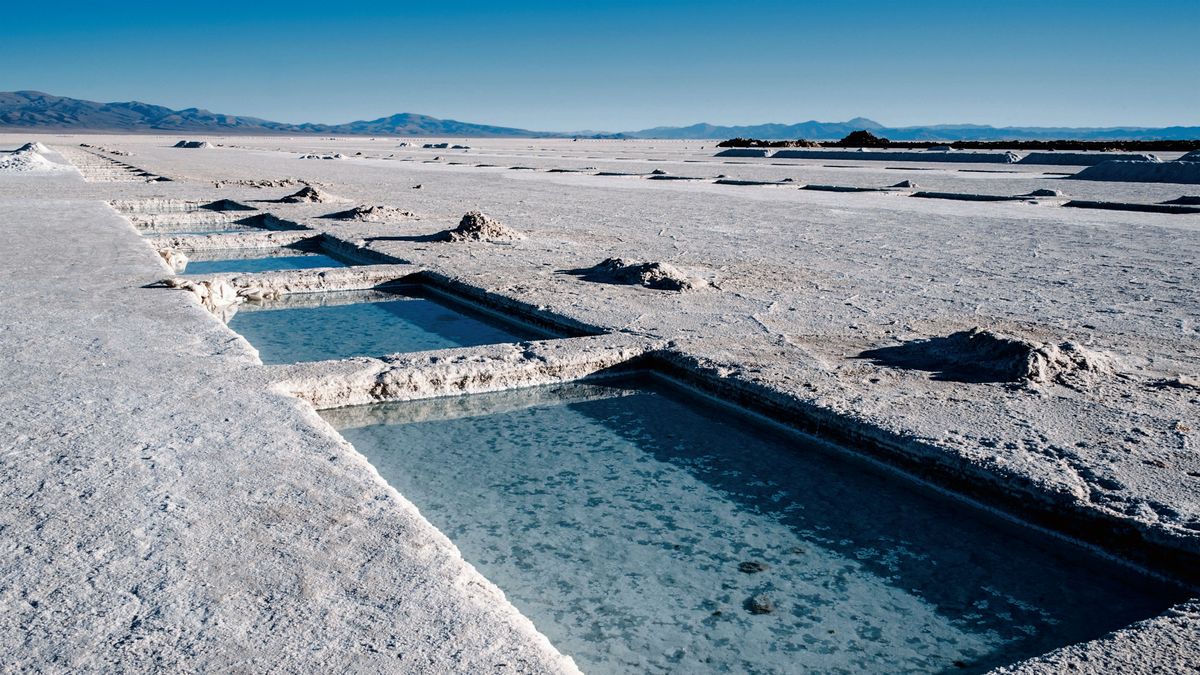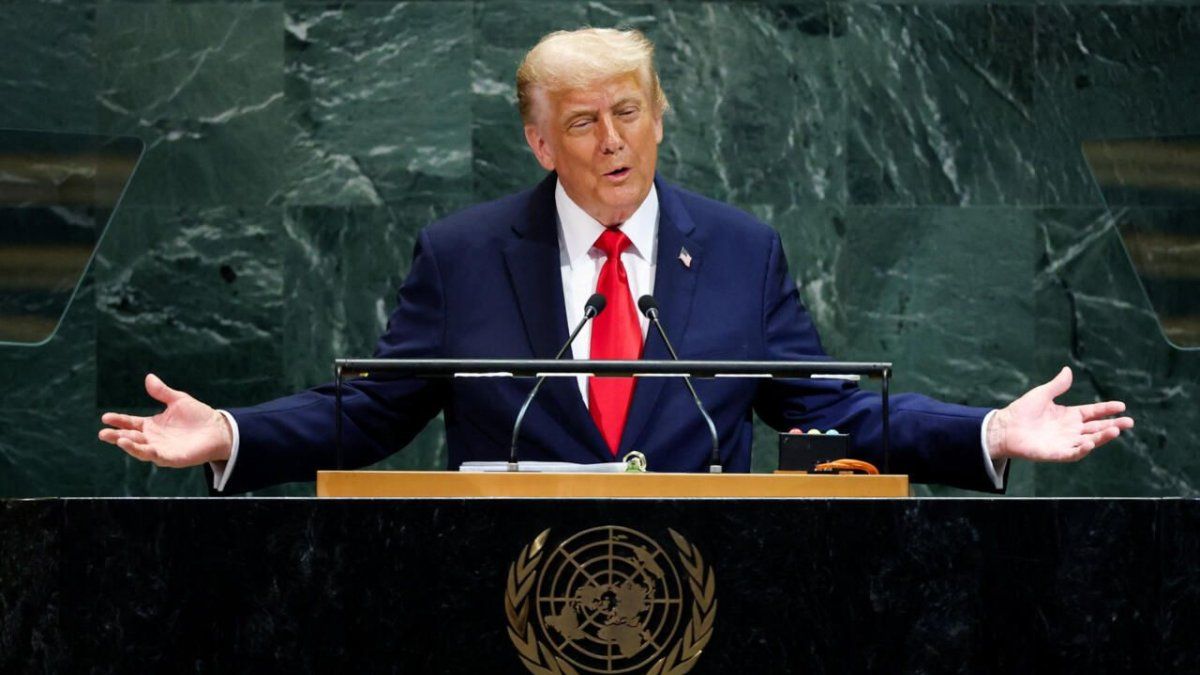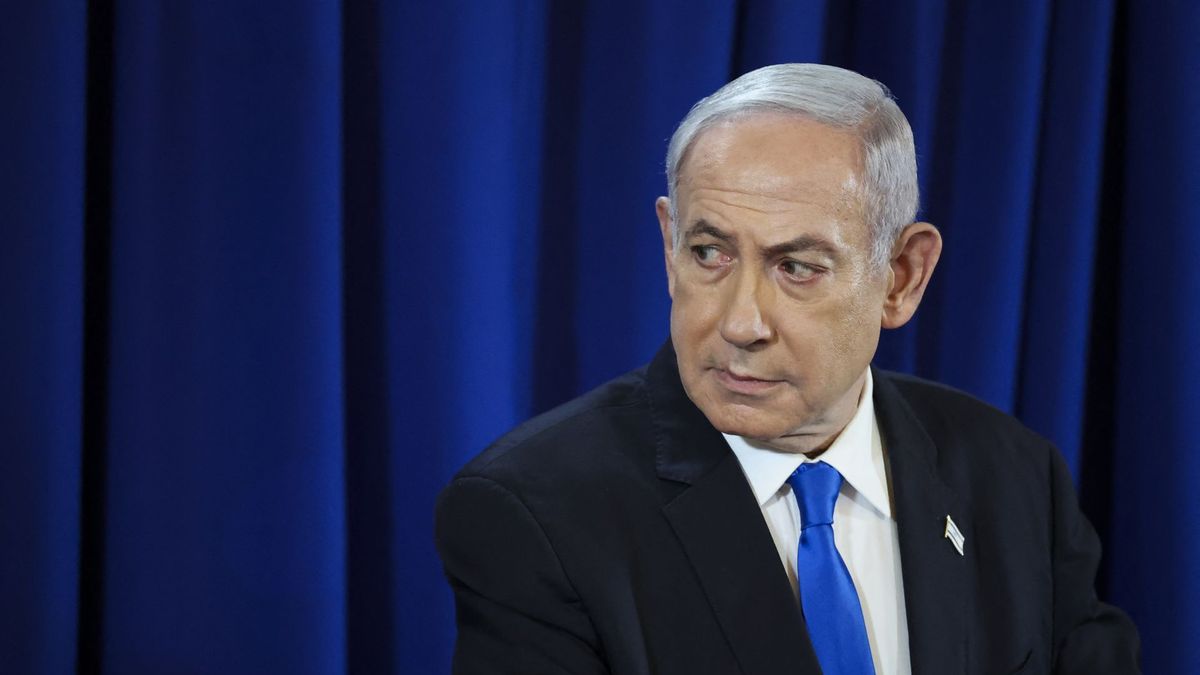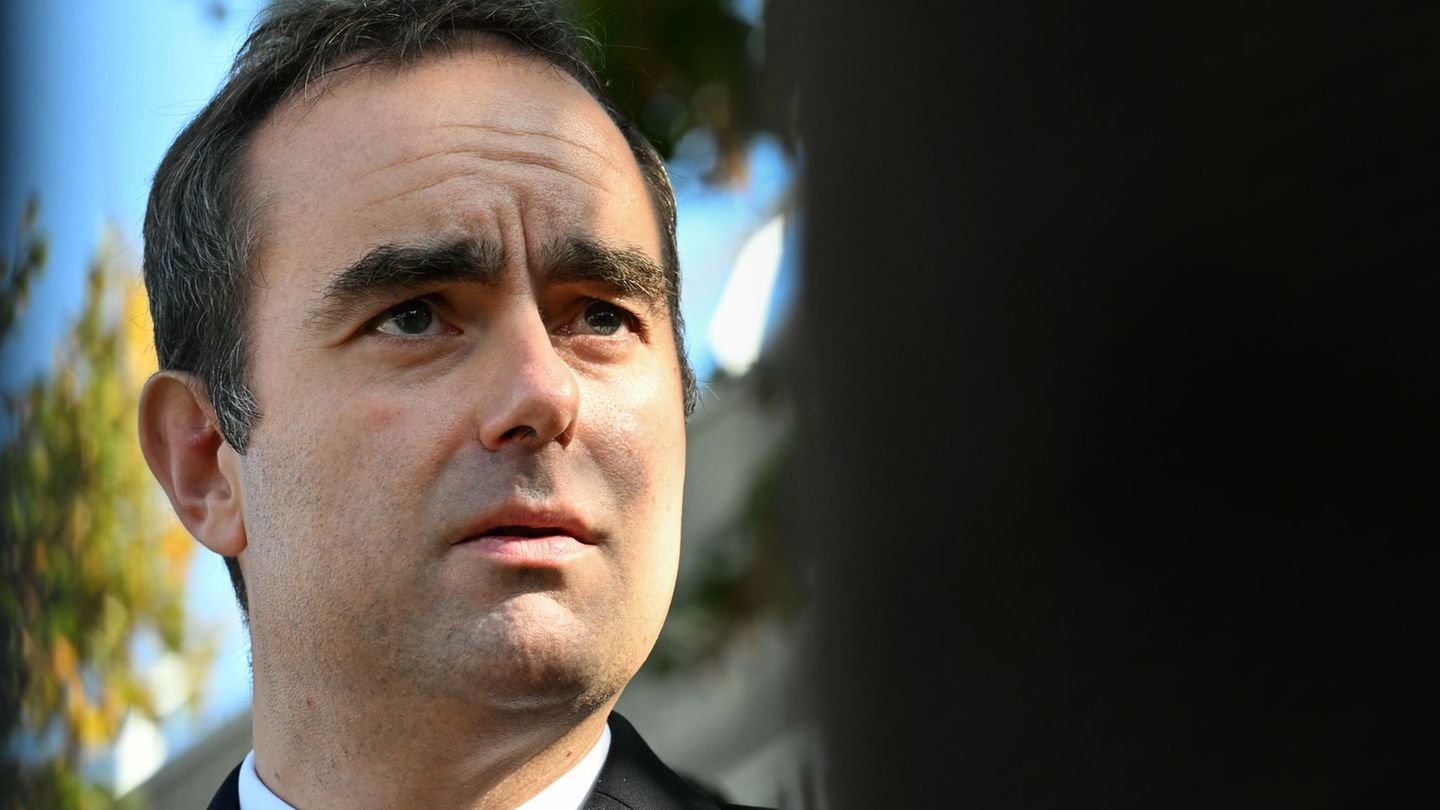“Due to their importance for the Energy Transition, no concessions will be granted on lithium and other necessary strategic minerals,” reads the initiative sent last week to Parliament, which exempts “mining concessions already granted” with exploration records endorsed by the authorities.
According to data from the Ministry of Economy, in Mexico there are 36 lithium projects, all of them financed with foreign capital and controlled by 10 companies, mostly small Canadian firms that seek to generate interest in the market and attract investors.
Of these, “only eight have stated that they have exploration and want to invest in extracting lithium,” López Obrador explained when announcing the project.
“They have to prove these exploration works and their ability to invest and extract lithium. There it (the concession) is respected for the time it was granted,” he added.
The Government specified that only one of these companies meets these characteristics, but assured that if the others manage to prove them, “the concession will be in force.”
The company that has advanced the most is Britain’s Bacanora Lithium, owned by Chinese conglomerate Ganfeng Lithium, which owns three concessions in the northern state of Sonora and has invested $ 50 million in feasibility studies and pilot production.
Bacanora -in the extraction- and Gangfeng -in the production of lithium carbonate- plan to start their operations in 2023, with a production for the first year of 17,500 tons -already committed to the Japanese firm Hanwa-, which could catapult Mexico as one of the largest producers in the world.
Globally, lithium is mined mainly in South America and Australia, while China dominates the supply chain.
Based on the latest report from the US Geological Survey, Mexico is the ninth country with the largest lithium reserves in millions of tons, with a total of 1.7, while Bolivia (21), Argentina (19.3) and Chile (9 , 6) occupy the podium.
“Argentina, Chile, Mexico and Peru control around 67% of the world’s lithium reserves and it is not less than these four countries concentrate more than 50% of a resource that is becoming increasingly strategic and is in conflict with the main powers, “the Mexican Aníbal García Fernández, a researcher at the Latin American Strategic Center for Geopolitics (Celag), told Telam.
For the specialist, the reform promoted by the Government seeks to ensure for the next generations the possibility that it is the State, and not private companies, that has the national lithium income.
However, he pointed out that for the model to be successful, the State should not dedicate itself exclusively to extraction, as it has done in the past with other minerals, but also develop the necessary productive chains that leave added value in the country. In the lithium industry, technological capacity is what makes the difference.
A factor highlighted by the Secretary of Economy, Tatiana Clouthier: “It is not only about the extraction of lithium, we are looking for how to design a comprehensive project so that Mexico can successfully insert itself into a value chain,” she said in May, after receiving advice of the Bolivian Government.
Although Mexico is taking inspiration from Bolivia to develop this project – which nationalized its industry in 2008 – its particular situation puts it at an advantage over its southern neighbor.
“Mexico has a research and industrial system and is next to the United States, with which it has a lot of information contact and a free trade agreement that allows it a certain fluidity in the exchange of some basic inputs,” said the Conicet researcher. Bruno Fornillo, speaking to Télam.
“It has technological and industrial capabilities to develop an energy transition industry, which is not strictly the same as lithium, but at some point it is more important,” explained the also member of the UBA’s Geopolitics and Common Assets group.
For Fornillo, the most interesting thing about the Mexican reform is that it not only focuses on lithium, as was the Bolivian case, but that it seeks to reposition the State in relation to a certain domain and control of the energy transition, that is, it opts for a popular energy transition versus a corporate one.
Energy goes from being “a commodity and a commodity” to “a common and strategic good for the well-being of the population commanded by public authorities.”
In his opinion, this measure would have a greater impact on Argentina, the only country in the region that treats lithium as an “ordinary” mineral and not as a strategic resource.
This constitutional reform, which would give lithium the same status that oil and electricity already enjoy in Mexico, must now overcome its passage through Congress, a complex task, given that the ruling party lost its qualified majority in the June elections.
According to García Fernández, the ruling party lacks 53 votes in the lower house and two in the upper house, if you count its 14 allies.
“It will depend on the correlation of forces and the alliances that they can weave with the other parties,” he concluded and sentenced: “Appealing to these three years (of Government), I think they do have possibilities.”
David William is a talented author who has made a name for himself in the world of writing. He is a professional author who writes on a wide range of topics, from general interest to opinion news. David is currently working as a writer at 24 hours worlds where he brings his unique perspective and in-depth research to his articles, making them both informative and engaging.




